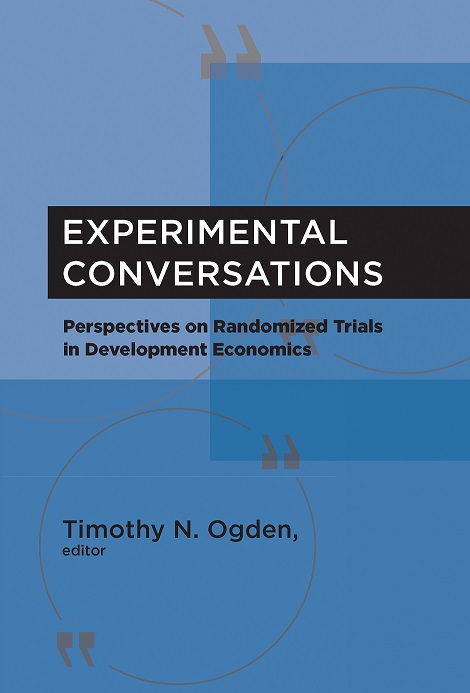It is hard to believe that another academic year–my fourth at the University of Minnesota–has come and gone. Graduate commencement for students in the College of Food, Agricultural, and Natural Resource Sciences was held on Friday, April 28, and given that this is my fourth year at Minnesota, my first batch of PhD students was graduating this year.
The Department of Applied Economics minted a number of new PhDs this year, who all deserve congratulations for the tremendous amount of work they have done and for their contributions to research in applied economics.
For my part, I am particularly excited about the three of my students who have successfully defended and are about to start their research careers. Starting this summer,
